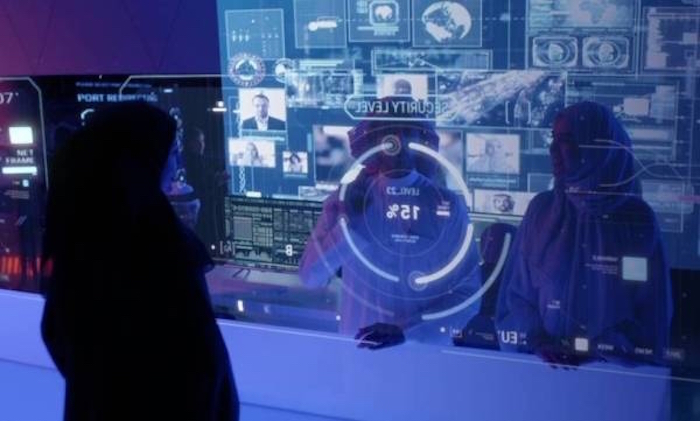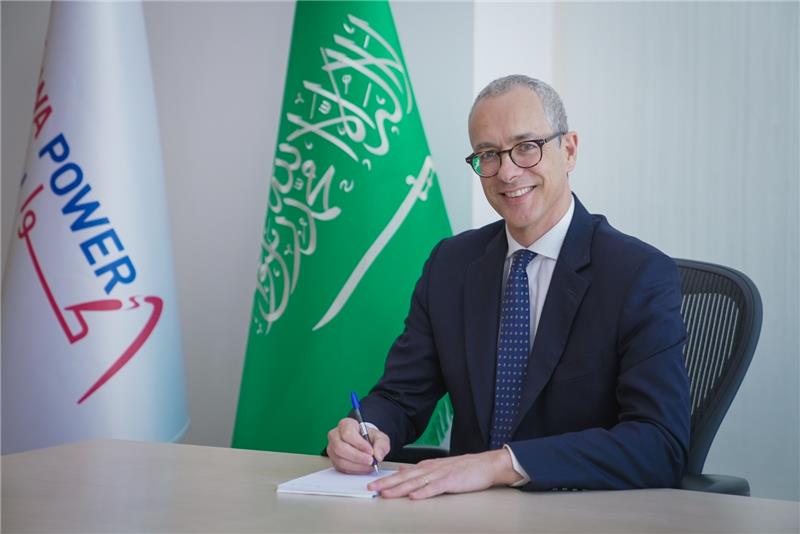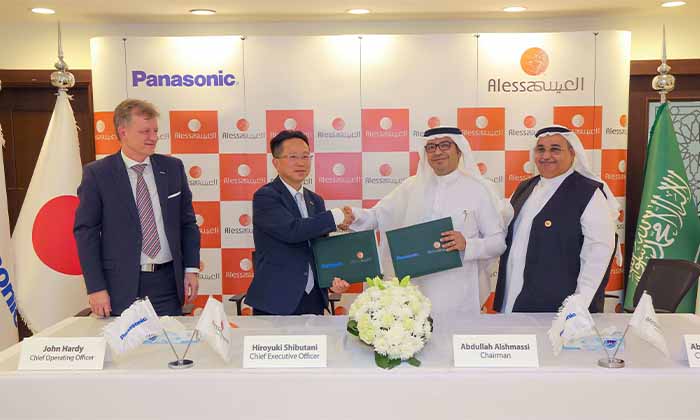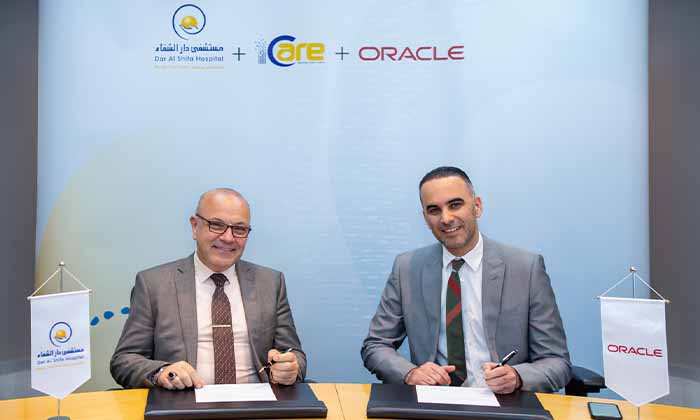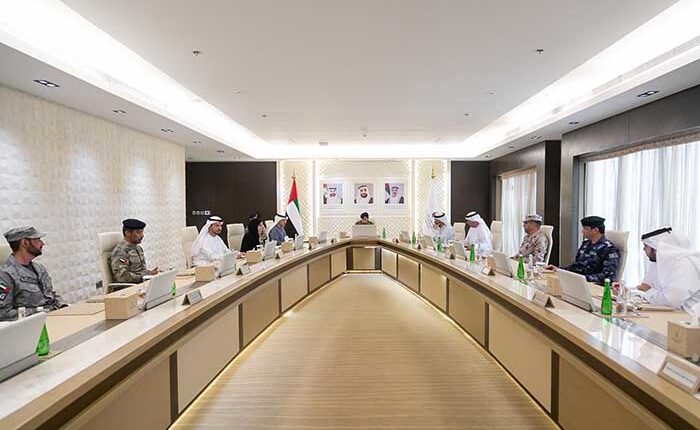Saudi Arabia’s cybersecurity sector has witnessed a high presence of women, with the rate of participation reaching 45 percent, according to statistics published by the Saudi Federation for CyberSecurity, Programming and Drones (SAFCSP).
The global representation of women in the cybersecurity field is about 25%.
Saudi Arabia has marked a tremendous increase in women’s participation in most sectors lately. This comes alongside the Kingdom’s efforts to develop, strengthen and diversify its economy in the light of Vision 2030 under the leadership of Custodian of the Two Holy Mosques King Salman and Crown Prince Mohammed bin Salman, Deputy Prime Minister and Minister of Defense.
Women’s role has become highly visible in cybersecurity, which is one of the most vital and sensitive sectors where they have proved their ability to be effective partners. One of the groups that support the role of women in the cybersecurity sector is Hemaya Association.
Abrar Alrefaei, Deputy CEO of Information Security at Hemaya, said Hemaya dates back to 2011, when a group of cybersecurity specialists decided to establish a voluntary group that enhances the exchange of experiences among specialists, men and women alike.
Abrar added that due to the lack of Arabic content on cybersecurity, the Hemaya Association has expanded its activities to fill the gap and enrich the content in Arabic language. It also increased its activities to help the community raise awareness about the dangers on the internet and guide the public on the ways of using technologies safely.
The association, since its inception, has been keen to enhance the presence of women in the field of cybersecurity parallel to men. A special community was established in the association and it has been called "HameyaT" which in turn includes several women specialized in cybersecurity, Abrar said
For her part, Nouf Yousef, HameyaT community supervisor and cyber security and information technology director, has stated that Hemaya is currently a non-profit organization. It is registered with the Ministry of Human Resources and Social Development (MHRSD), which aims to activate the role of the sector by providing awareness and training in the information security field.
Hemaya Association also provides plans, consultations and specialized courses according to the facilities’ request in order to provide all information and programs that guarantee security and protection for the facility and its customers’ data through a group of experts and specialists in cybersecurity sector, Nouf pointed out.
The Chief Information Security Officer at Saudi National Bank, Rasha Abu AlSaud, pointed out that due to the variety of hacking attempts and the polished techniques that have been used lately, cybersecurity has an important role. And it is necessary to form a competent and independent team in each facility to evaluate the controls independently at all times, she said.
In order for the objectives of the work units not to overshadow the importance of achieving a balance between the availability of technical services and their security and safety, Rasha emphasized the importance of having an independent and specialized team in cybersecurity, as some decisions related to raising the level of security within the network requires complete independence between the information security team and the other technological teams.
Hemaya Association cooperates with a number of sectors, such as the Ministry of Communications and Information Technology (MCIT) and the National Cybersecurity Authority (NCA), Abrar said. She indicated that these sectors are providing support to the association to achieve its goals attached to a number of the Kingdom’s Vision 2030 goals, which are related to empowering the non-profit sector.
"The efforts of the various sectors, led by the National Cybersecurity Authority (NCA), resulted in providing many jobs and training opportunities", Rasha confirmed, noting that "there is a high turnout of women to join the cybersecurity field, where it provides employment chances in the establishments without any discrimination".
Cybersecurity is considered a different and renewable field that requires the participation of both sexes without exception, she emphasized.
Dr. Wejdan Bin Saeedan, Member of Information Security Association (Hemaya Association), said that because of her presence in Hemaya Association and as a faculty member, she has noticed during the recent years a great interest in the cyber security major.
There is no specific age group applying to the major, but rather there are many among female students in general education and among those with high positions who started their careers in cybersecurity, Dr. Wejdan said.
Nouf confirmed that the turnout in universities by new graduates for the cybersecurity sector began to grow significantly as the field provides opportunities to work in companies, banks and many other private sector ventures.
In 2017, women constituted about 11% of the workforce in the cybersecurity field, while in 2019 the percentage increased to reach 24% globally, according to a study conducted by (ISC)², the International Information System Security Certification Consortium, for the workforce in the global information security field, Nouf added.
